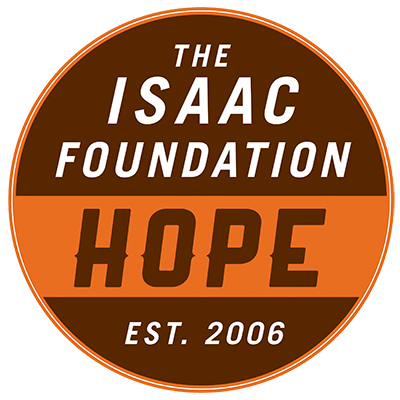We have funded a $50,000 research grant to Dr. Emyr Lloyd-Evans at the University of Cardiff. Below is a summary of the research he is conducting:
“We are aiming to develop a cellular model of Hunter Syndrome brain (MPSII). To do this we will take stem cells from the MPSII mouse model and using careful conditions will change these cells into neurons. This cellular model will help in studying the brain pathology of MPSII but can also be used to test the effects of therapy on the MPSII brain. We will study both these aspects. We are particularly interested in looking at the effects of a novel chemical compound we have isolated from Malaysian plants. In some preliminary experiments, we found that one of these compounds is capable of reducing storage in MPSII human skin cells but not in cells from other lysosomal diseases. We aim to fully study the effects of this compound on MPSII neuronal stem cells. Finally we are interested in using neuronal stem cells to study the order in which disease events happen in MPSII. We have done this before in Niemann-Pick C1 disease5, where we identified defects in lysosomal calcium homeostasis as an early disease event and a therapeutic intervention point that enhances NPC1 mouse function. Such a study in MPSII will determine the mechanisms leading to cellular pathogenesis and identify novel therapeutic intervention points. This proposal is in line with the Canadian MPS Society’s remit and this RFA as the main aims are to develop cellular tools for the MPS community, study novel therapies for MPSII and determine the cellular pathogenic events that occur in the MPSII brain.”
At this point in time, the MPS II brain is a mystery. What Dr. Lloyd-Evans is aiming to do, is simplify the MPS II brain to a cellular level, to hopefully gain more insight into this complex system. He is creating an MPS II brain in a cell. Once they have accomplished this, and it is very likely they will, as this has already been developed for other diseases, they will be able to test thousands of small molecules on these cells, to find out if any are effective at reducing GAGs and treating the MPS II brain. For example, although we use Elaprase to treat our kids, we have no idea what it would actually do to the MPS II brain cell.
It is very very exciting stuff! Thank you to everyone who donated and volunteered and made this research possible!!!!!!!!!!!!!!!!! I will post updates as I have them.
